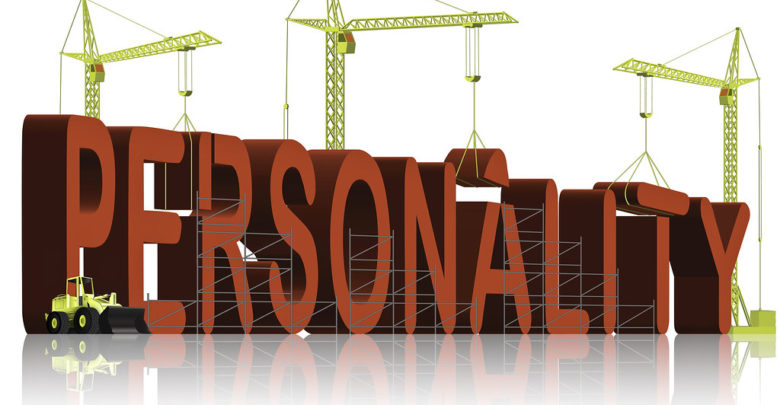Intellectual PropertyIP Licensing
Personality Rights under Copyright Laws

The Jurisprudence relating to Personality Rights or Right to Publicity in India is not yet developed and is still gaining momentum. Howsoever, the rights relating to one’s personality have been brought under the ambit of Intellectual Property and they can be protected under the Right to Privacy or as a property of a person (Copyright). These rights are most important for celebrities because people tend to exploit a celebrity’s name or even their photograph for the purpose of advertisement and which leads to influencing their sales.
The Rights relating to one’s personality have also started getting recognition in India. One of the most important cases in which personality rights were recognized was discussed was ICC Development (International) Ltd. v. Arvee Enterpises[12], wherein, the Hon’ble High Court of Delhi held that:
“The right of publicity has evolved from the right of privacy and can inhere only in an individual or in any indicia of an individual’s personality like his name, personality trait, signature, voice. etc. An individual may acquire the right of publicity by virtue of his association with an event, sport, movie, etc. An individual may acquire the right of publicity by virtue of his association with an event, sport, movie, etc. However, that right does not inhere in the event in question, that made the individual famous, nor in the corporation that has brought about the organization of the event. Any effort to take away the right of publicity from the individuals, to the organizer {non-human entity} of the event would be violative of Articles 19 and 21 of the Constitution of India. No persona can be monopolized. The Right of Publicity vests in an individual and he alone is entitled to profit from it”
The Delhi High Court further observed in the case of Titan Industries Limited v. M/s Ramkumar Jewellers[13] :
“when the identity of a famous personality is used in advertising without their permission, the complaint is not that no one should commercialize their identity but that the right to control when, where and how their identity is used should vest with the famous personality. The right to control the commercial use of human identity is the right to publicity.”
Internationally, a person’s ability to license or transfer the commercial value of one’s persona is rooted in case law that has treated the right of publicity as a property right.[14]
In Bi-Rite Enterprise v. Button Master[15], the right of publicity was held to grant a person an exclusive right to control the commercial value of his name and likeness and to prevent others from exploiting that value without permission. In India, the rights relating to one’s personality have yet not developed as an independent legal right and therefore it mainly functions under various legal doctrines such as privacy, defamation, copyright, and trademark. Hence, if there is unauthorized use of a celebrity’s personality, recourse could be taken to any of these laws depending on the facts and circumstances of the case.
The ‘Right of Publicity’ can be applied to all the performers, sportsperson, and celebrities who have carved a niche for themselves in their own walk of life.[16] As was also held in, the Zacchini case[17] by the US Supreme Court that, if there is an absence of the right of publicity, there would exist a substantial threat to the economic value of one’s performance. In furtherance of the views expressed by Nimmer, the ambit of the right of publicity was not only confined to Celebrities and performers but also in individuals.[18]
With the advancement of the right of publicity over these years, the Indian judiciary is yet to take full cognizance of this right and the only decided case on the ‘right of publicity’ by an Indian Court is that of ICC Development (International) Limited v. Arvee Enterprises[19] which was decided by the Hon’ble High Court of Delhi. Nimmer in his articles had also taken a view that the rights of publicity could vest in any entity, be it an individual or an enterprise. Though the Delhi High Court, keeping in mind the principles laid down in R.C.Cooper v. Union of India[20] held that an enterprise or a corporation would not be a citizen under Part III of the Constitution of India and hence, the rights that would inhere in a citizen would not in here in an enterprise or a corporation.
Recently, in a landmark judgment on an individual’s right to privacy, Justice Sanjay Kishan Kaul of the Supreme Court in Justice K.S. Puttuswamy (Retd.) v. Union of India[21] elevated the issue of personality rights, from its status as a common law right to a constitutional right, embraced by the fundamental right to privacy under Article 21 of the Constitution of India. The Court stated that every individual has a right to exercise control over his/her own life and image as portrayed to the world and to control the commercial use of his/her identity and prevent the unauthorized use of such elements. Specifically, the Court held that the right of publicity implicates a person’s interest in autonomous self-definition, which prevents others from interfering with the meanings and values that the public associates with him/her.[22]






great article!